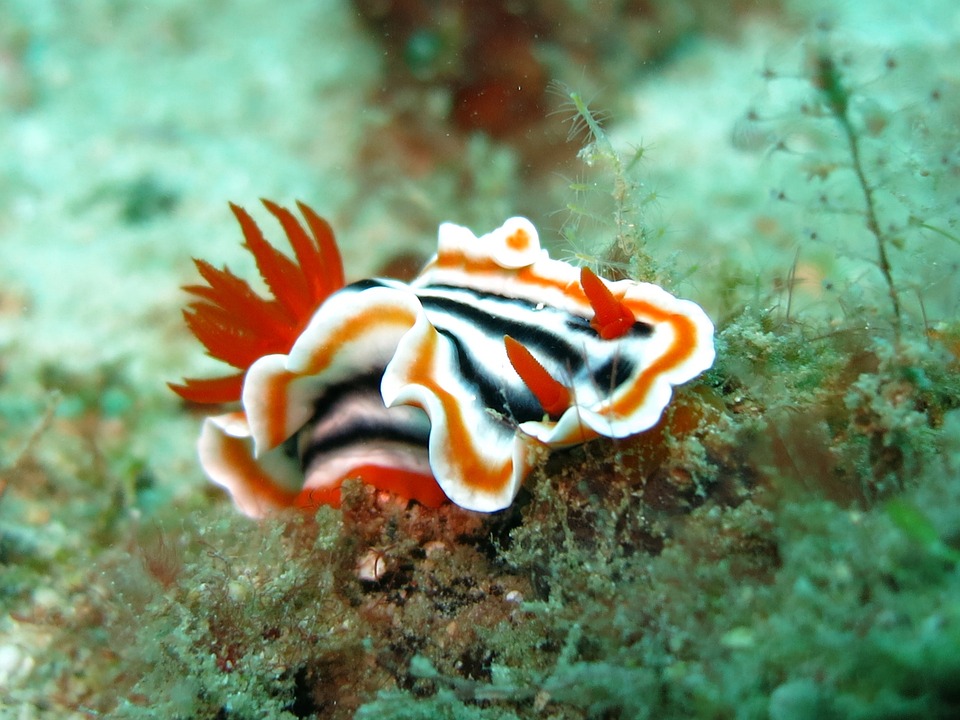Table of Contents
Introduction
Eco-tourism, the practice of responsible travel to natural areas that conserves the environment and improves the well-being of local people, has gained significant momentum in recent years.
One of the most effective ways to promote marine conservation is through scuba diving, providing enthusiasts an up-close experience with marine life and the opportunity to protect and preserve our oceans.
This article will explore the vital role scuba divers play in safeguarding our underwater habitats.
Marine Ecosystem Preservation
Scuba divers act as the eyes and ears of the ocean, witnessing firsthand the beauty and vulnerability of marine ecosystems.
By diving responsibly, divers educate themselves about these fragile habitats, and through conservation efforts, they contribute to preserving their integrity.
Divers work with local authorities and organizations to monitor and protect marine reserves, ensuring that our oceans remain biodiverse and sustainable.
Coral Reef Conservation
Coral reefs are among the most diverse and colorful ecosystems on Earth, but they are also highly threatened.
Scuba divers actively engage in coral reef conservation, participating in coral planting initiatives, removing invasive species, and documenting changes in reef health.
Through these efforts, divers help restore damaged coral reefs and raise awareness of the importance of their conservation.
Marine Species Protection
Scuba divers play a significant role in protecting marine species, particularly those facing endangerment or extinction.
Through citizen science programs, divers can collect data on species populations and behaviors, contributing valuable information to conservation programs.
By advocating for sustainable fishing practices and raising awareness about the impacts of pollution, divers actively work towards preserving the delicate balance of marine ecosystems.
Education and Awareness
Scuba divers are ambassadors for the oceans, inspiring others through their experiences and advocating for the protection of marine environments.
Divers participate in beach cleanups, organize educational programs, and share their knowledge with the broader community.
By spreading awareness about the importance of sustainable tourism practices and the conservation of marine resources, divers empower others to make environmentally conscious choices.
Conservation-focused Dive Tourism
The growth of eco-tourism has led to the development of conservation-focused dive tourism.
Many dive operators and organizations incorporate sustainability principles into their practices.
From promoting responsible diving behavior to actively supporting local conservation projects, these initiatives ensure that dive tourism directly benefits the protection and preservation of marine environments.
FAQs
Q: How can scuba divers contribute to marine conservation?
A: Scuba divers can contribute to marine conservation by becoming educated about marine ecosystems, participating in conservation programs, advocating for sustainable practices, and collecting data on species populations and behaviors.
Q: What are some examples of conservation initiatives undertaken by scuba divers?
A: Scuba divers engage in a variety of conservation initiatives, including coral planting, invasive species removal, beach cleanups, educational programs, and supporting local conservation projects.
Q: How does scuba diving promote sustainable tourism practices?
A: Scuba diving promotes sustainable tourism practices by encouraging responsible diving behavior, supporting local conservation projects, and raising awareness about the impacts of pollution and unsustainable fishing practices.
Q: What are the benefits of conservation-focused dive tourism?
A: Conservation-focused dive tourism ensures that the economic benefits of dive tourism directly contribute to the protection and preservation of marine environments.
It also raises awareness among divers and encourages responsible tourism practices.




